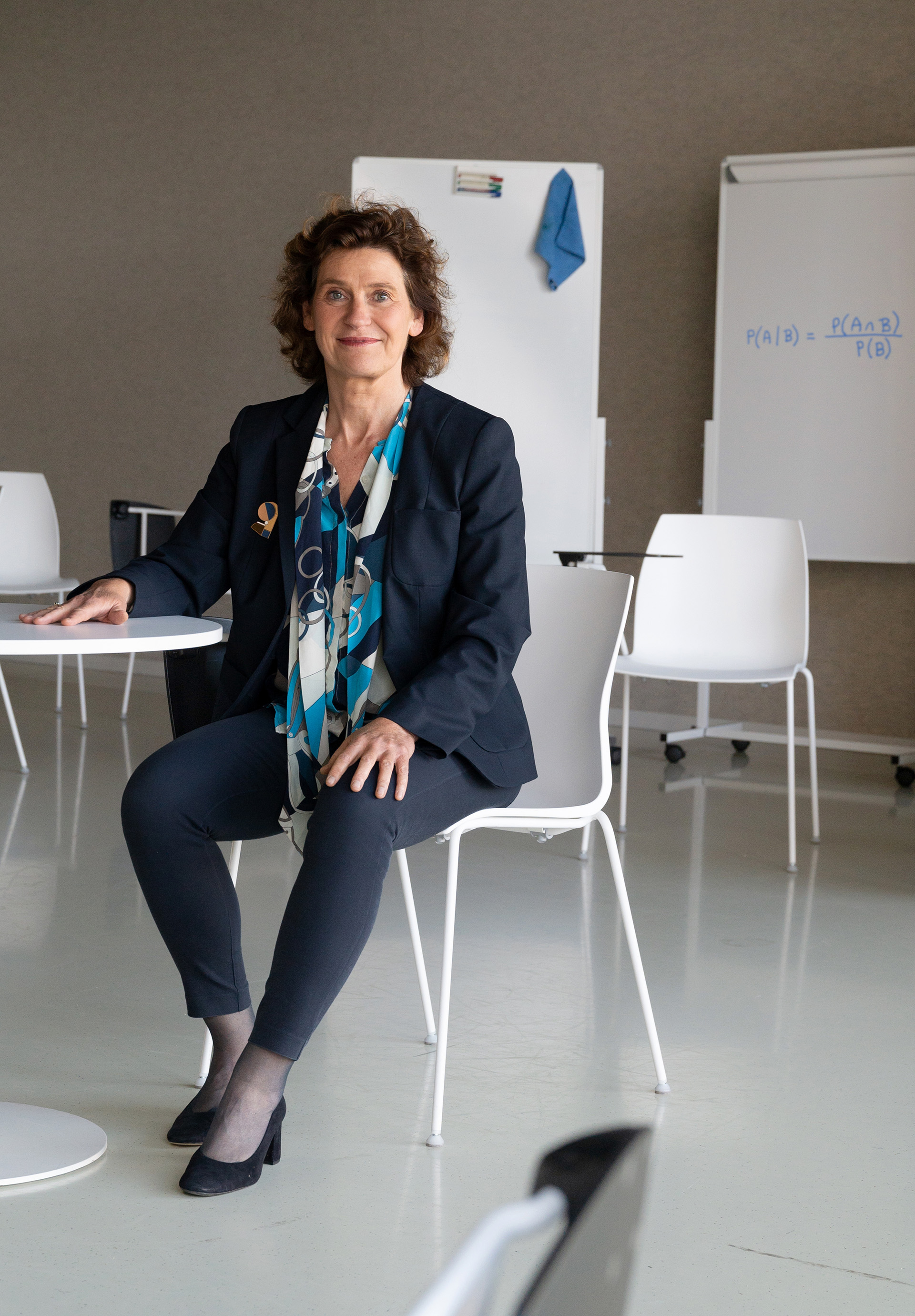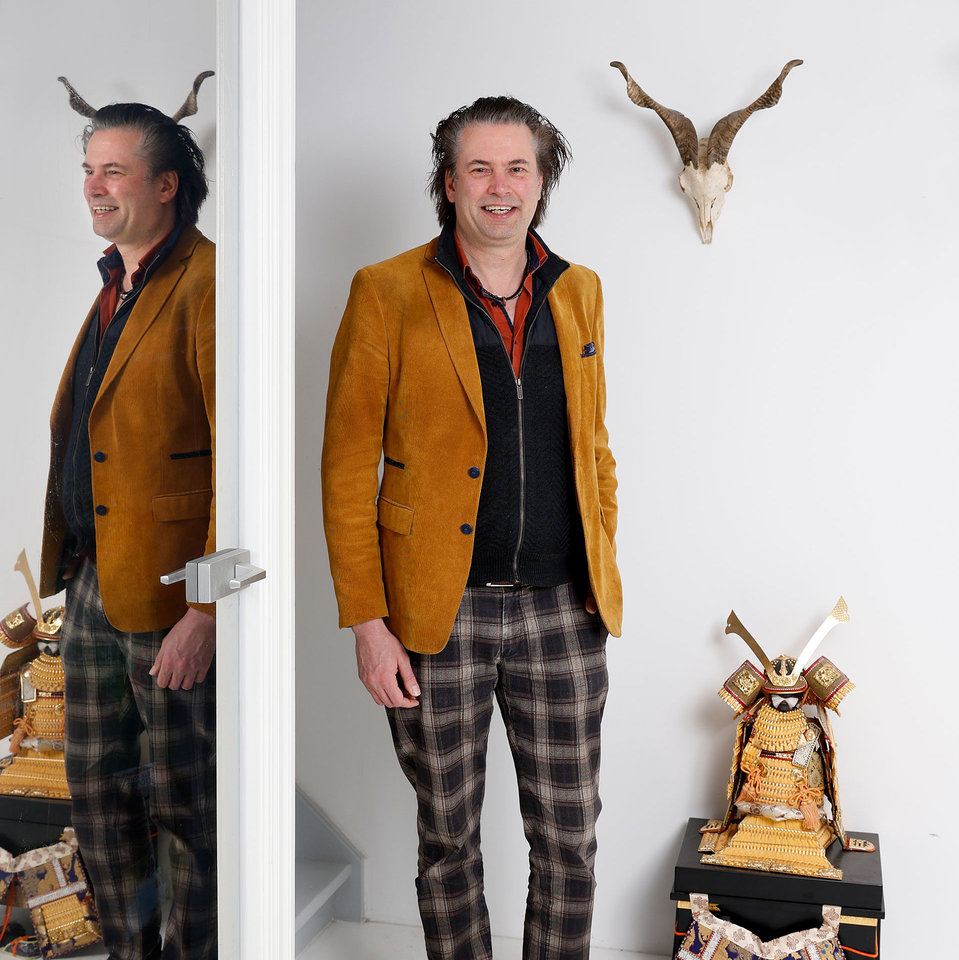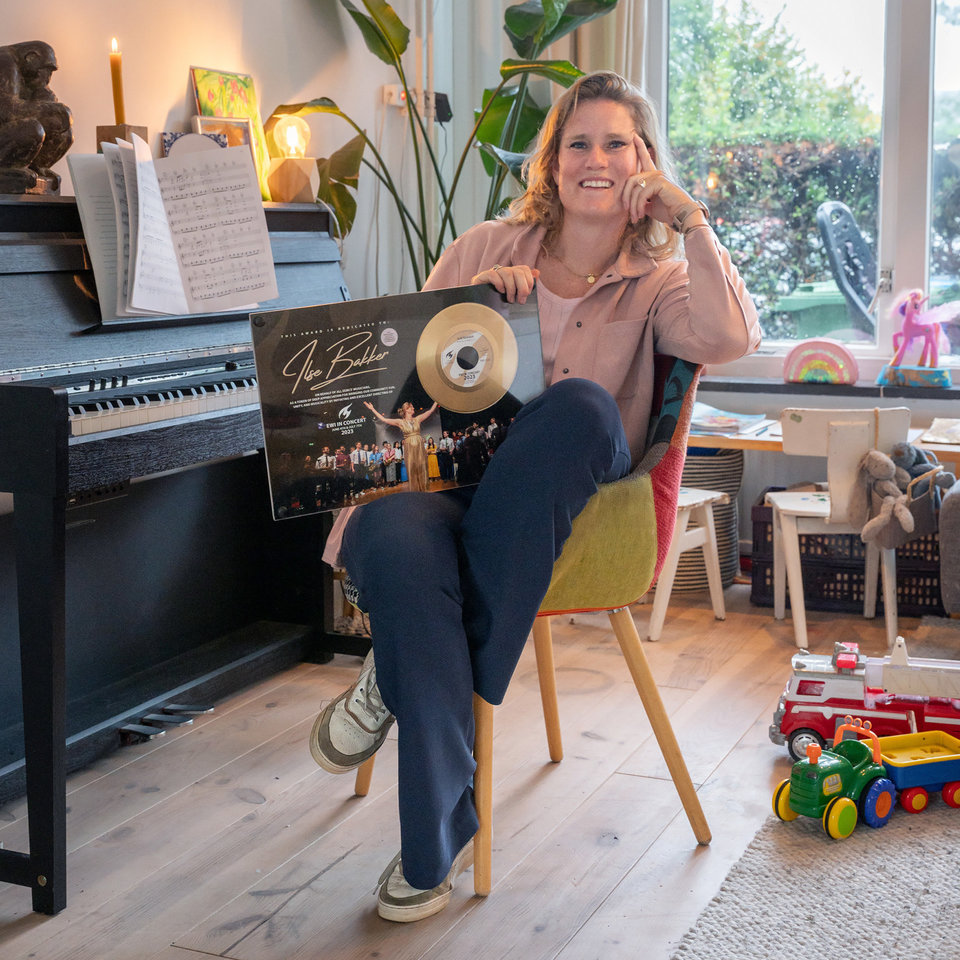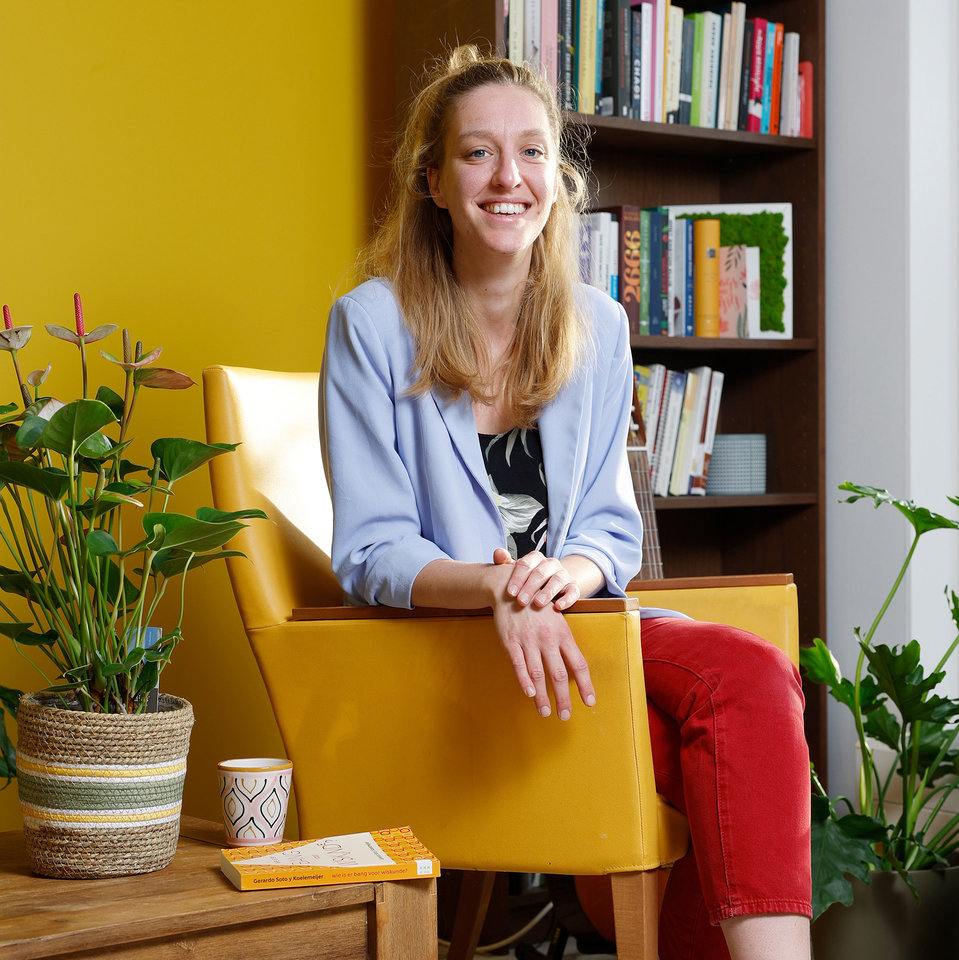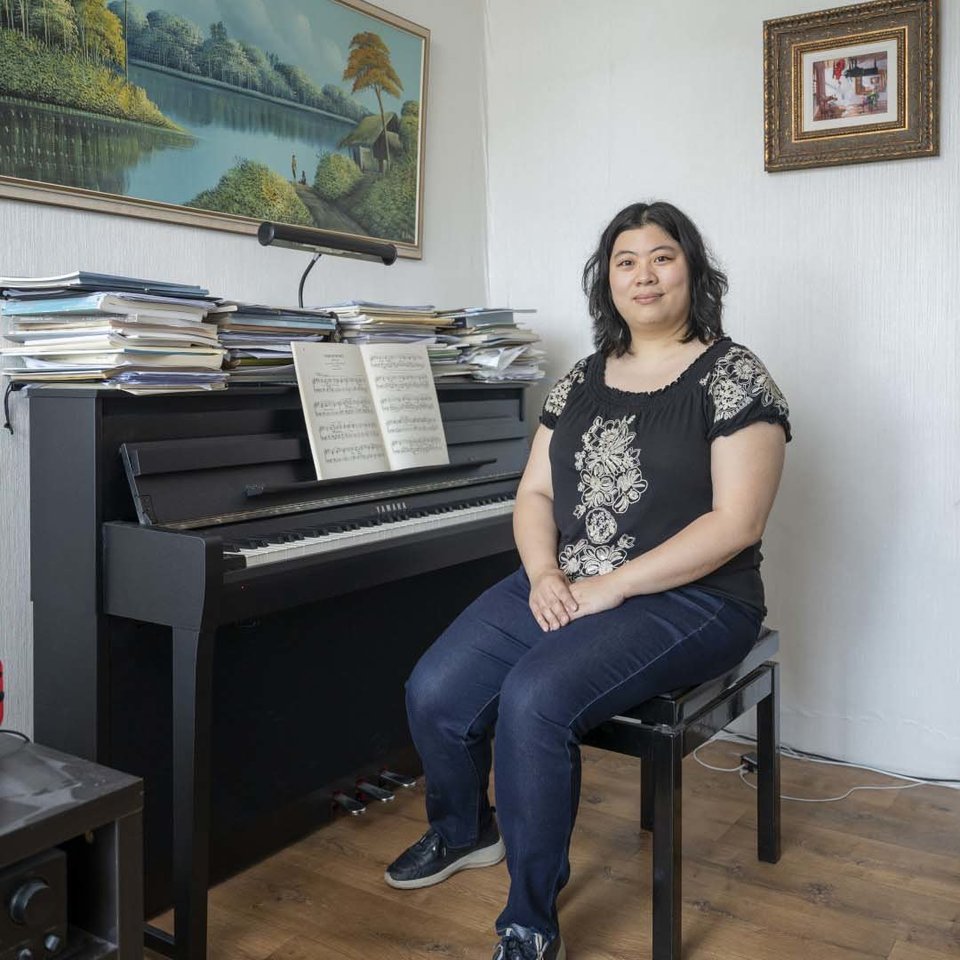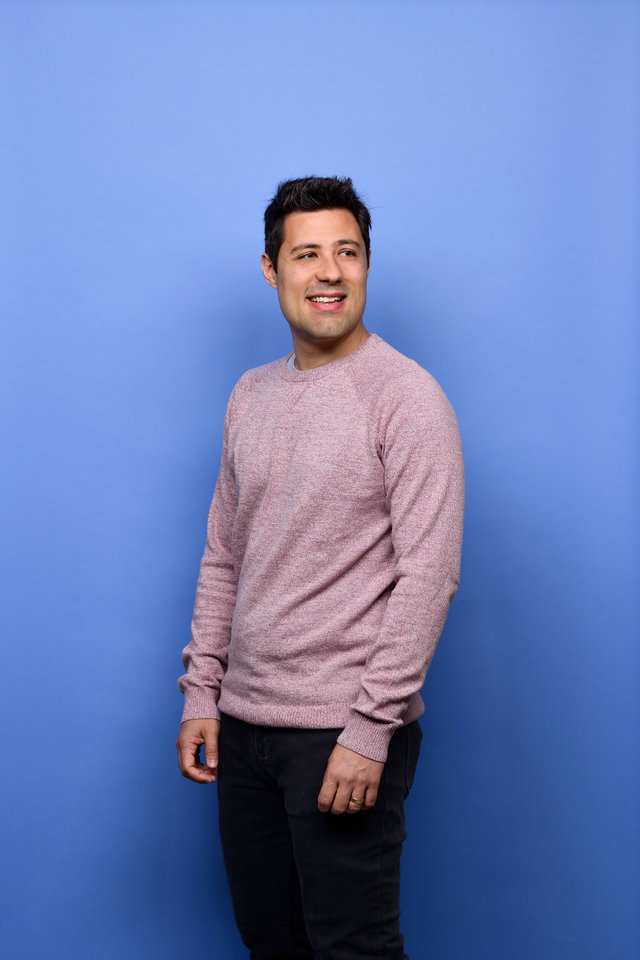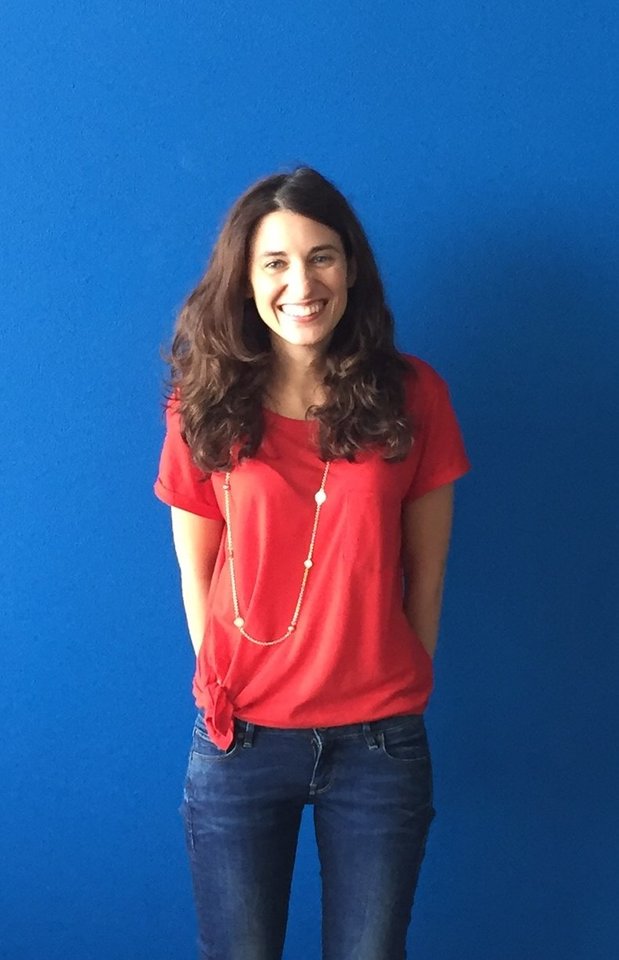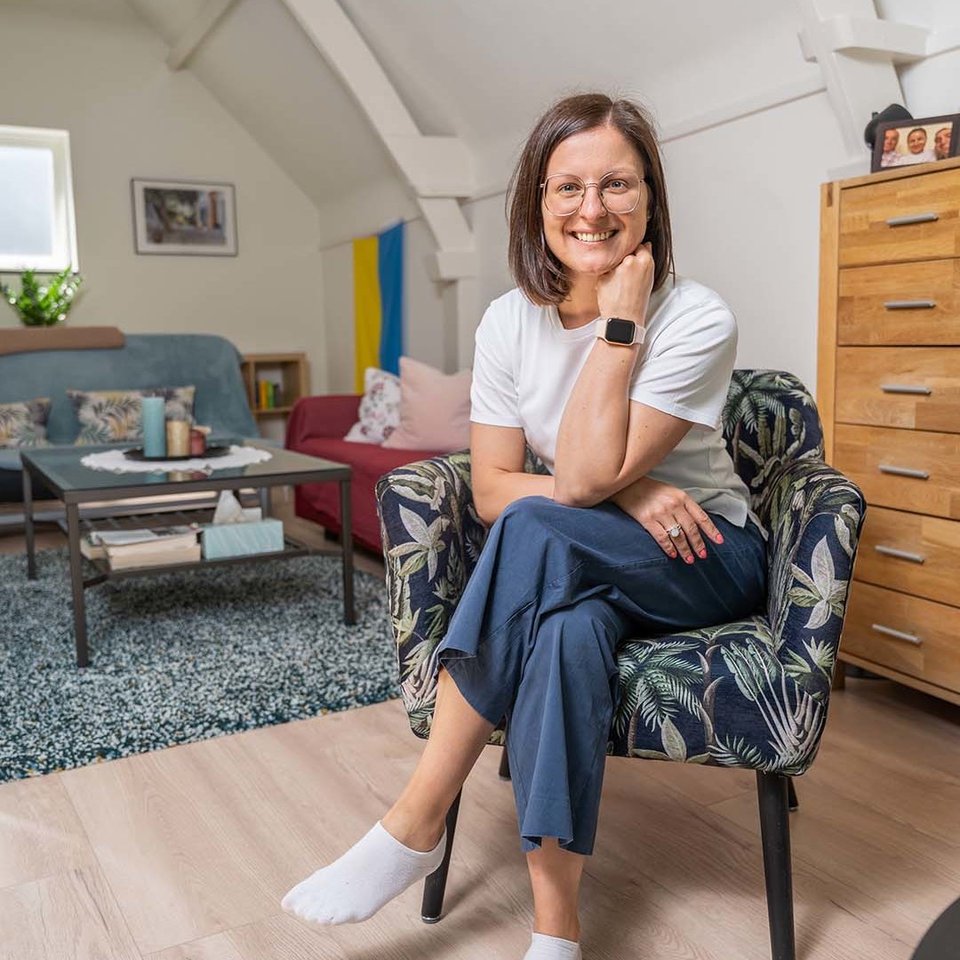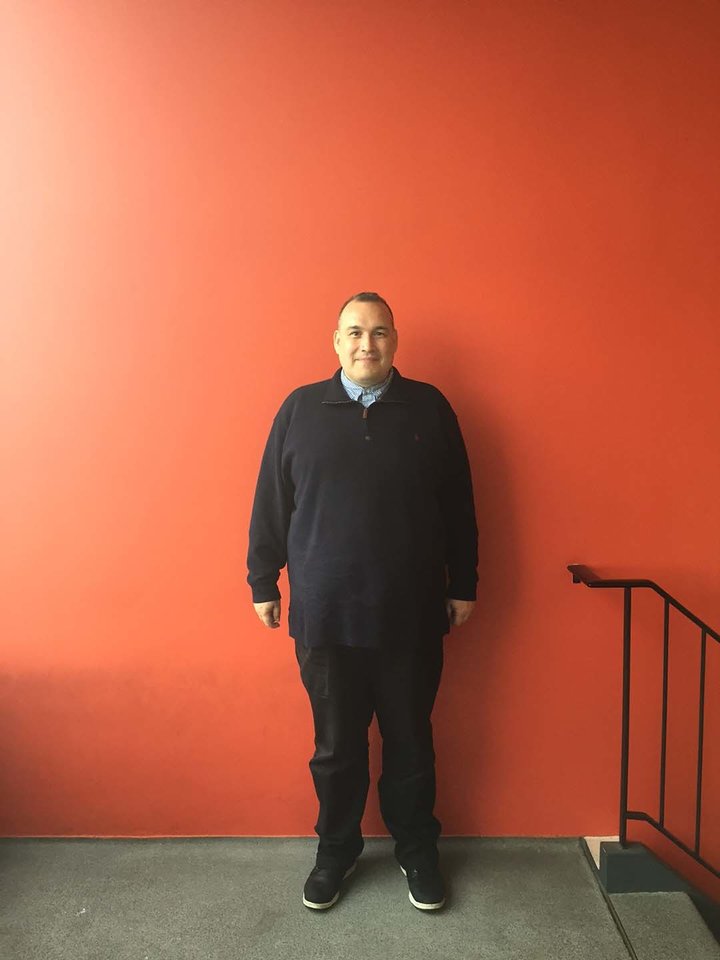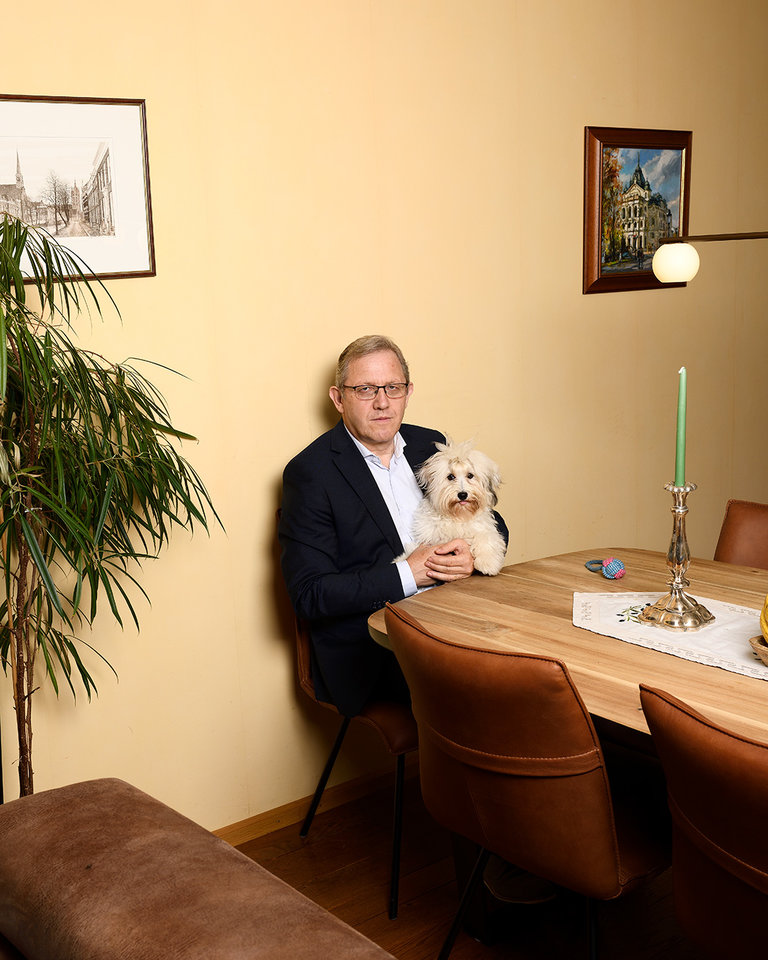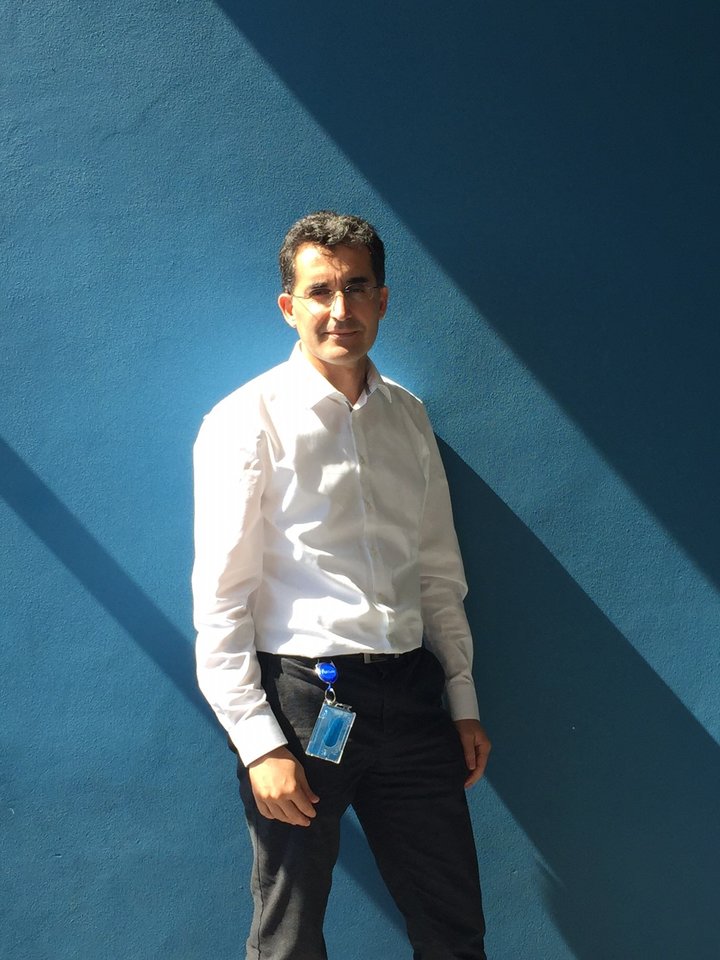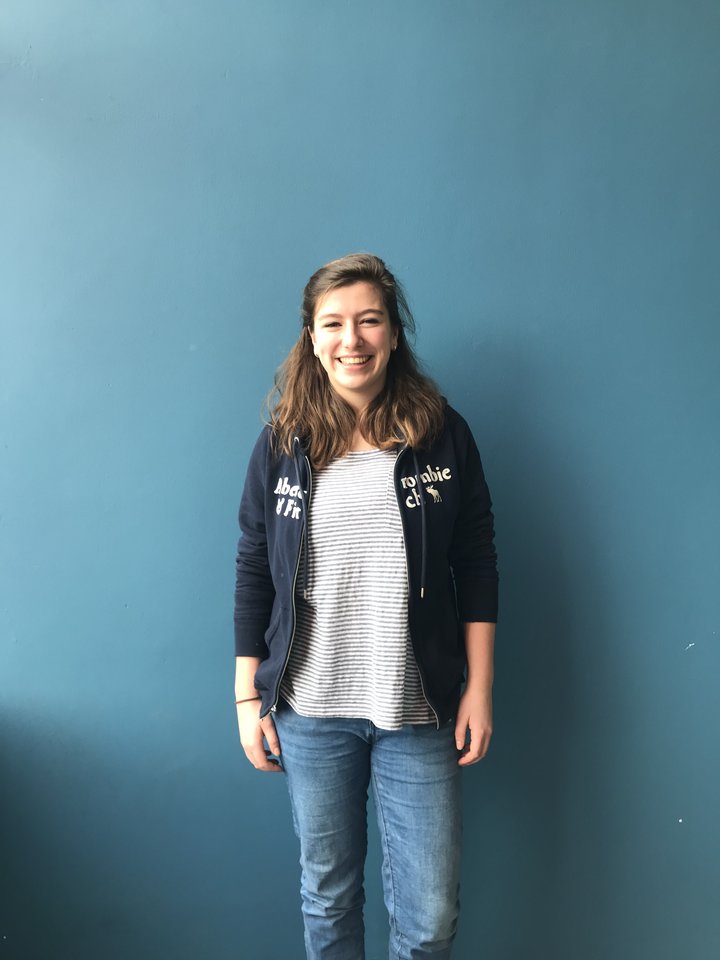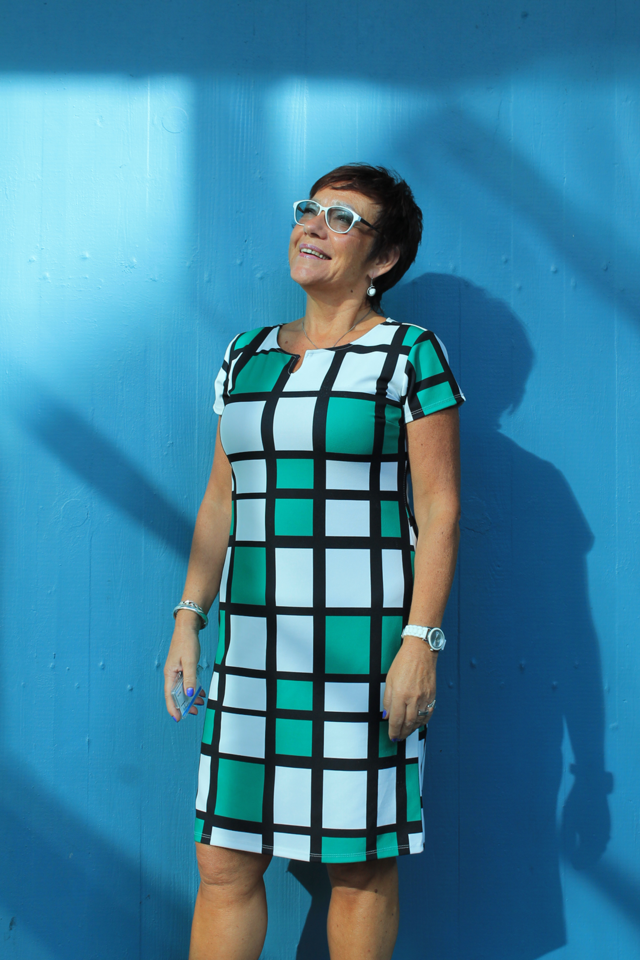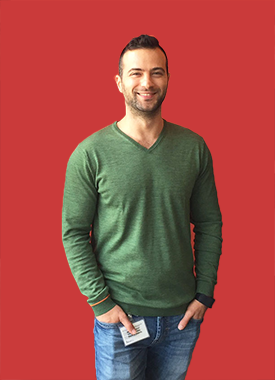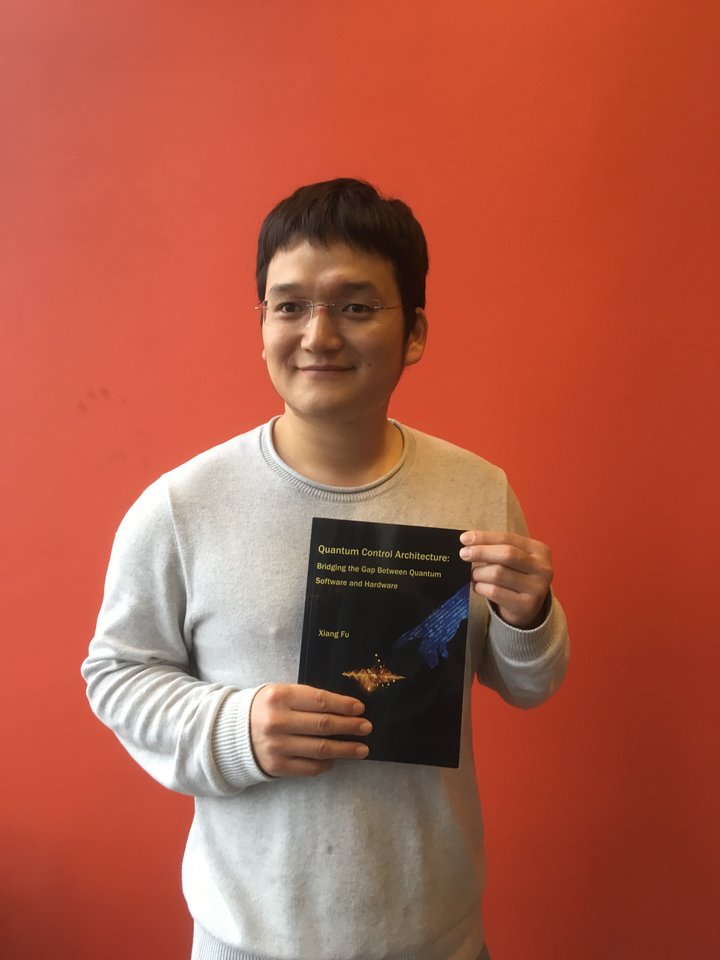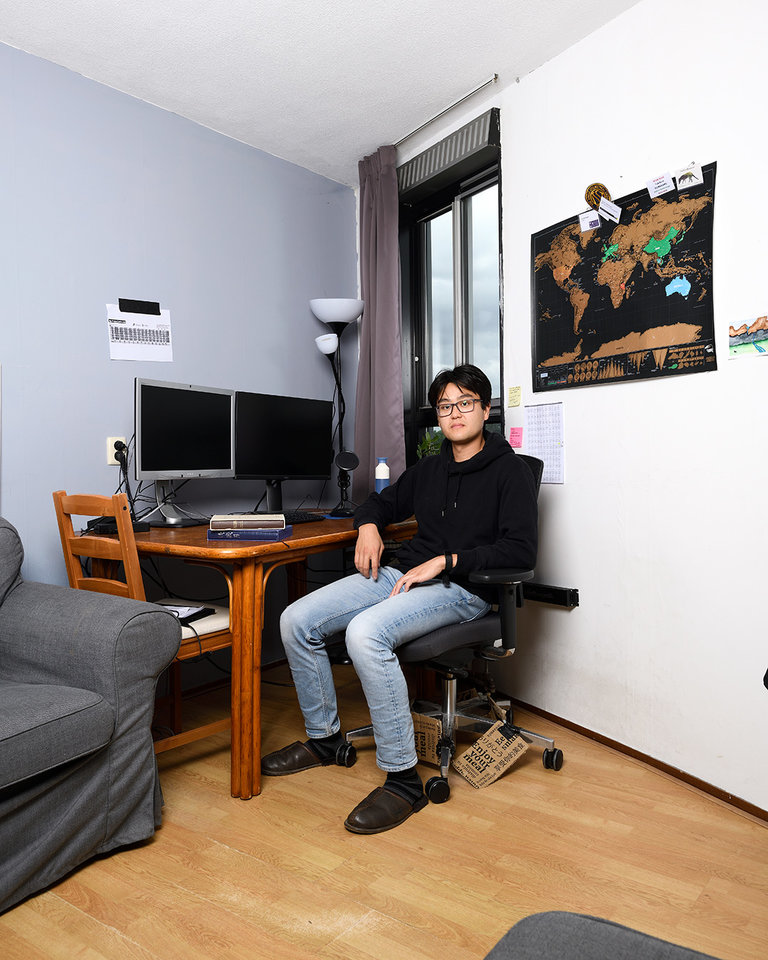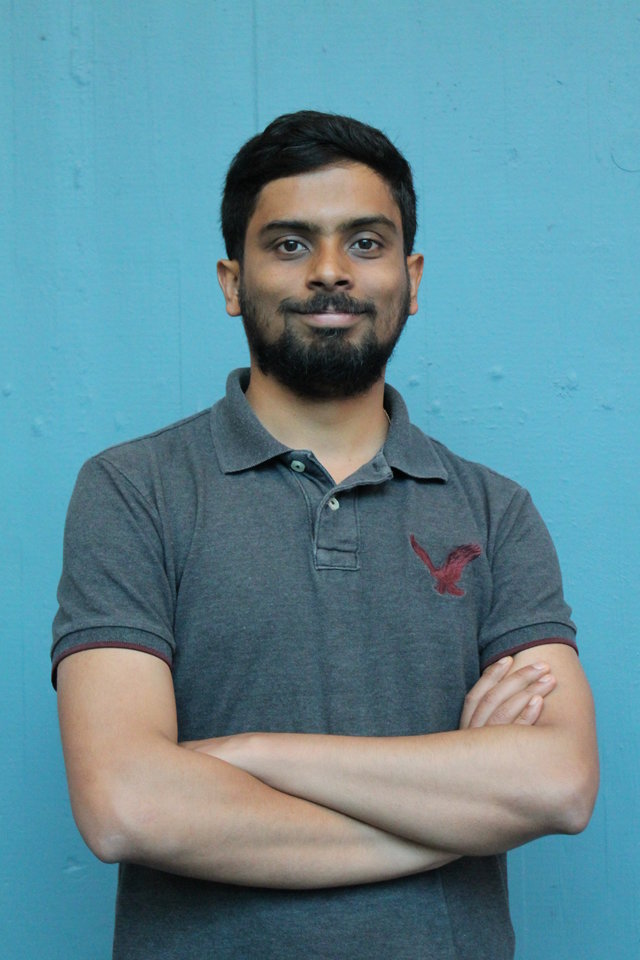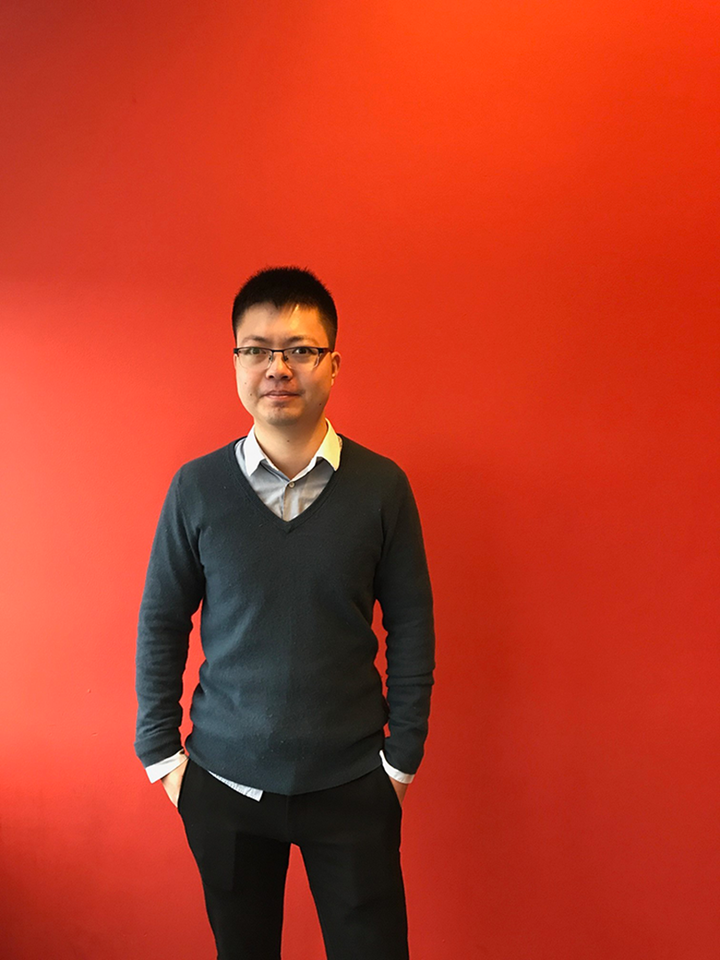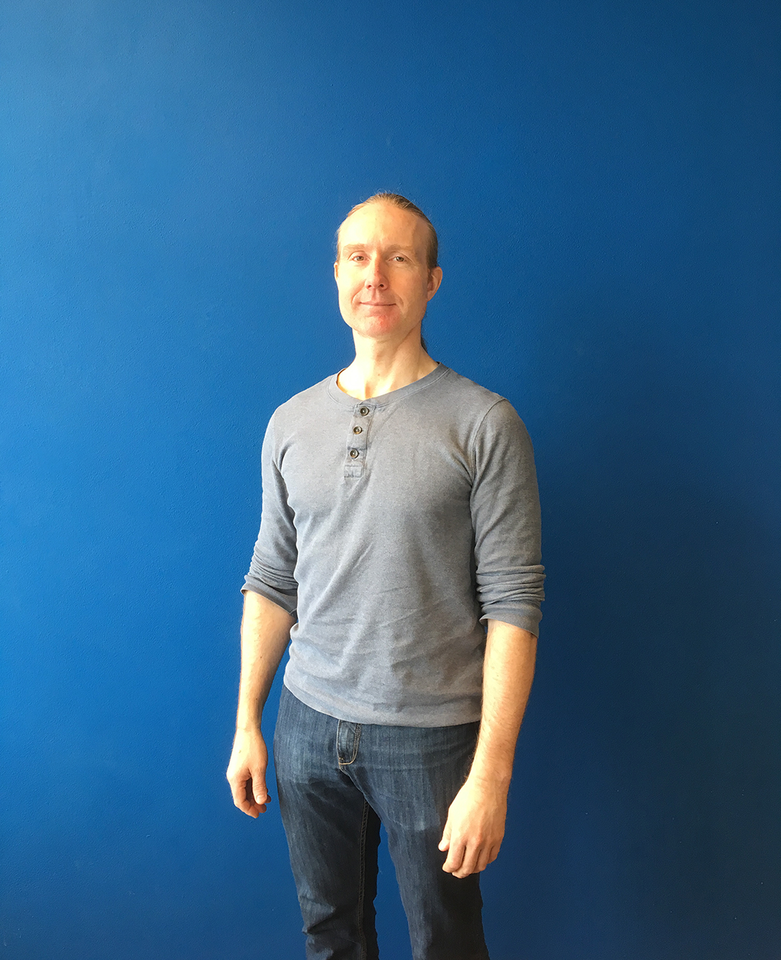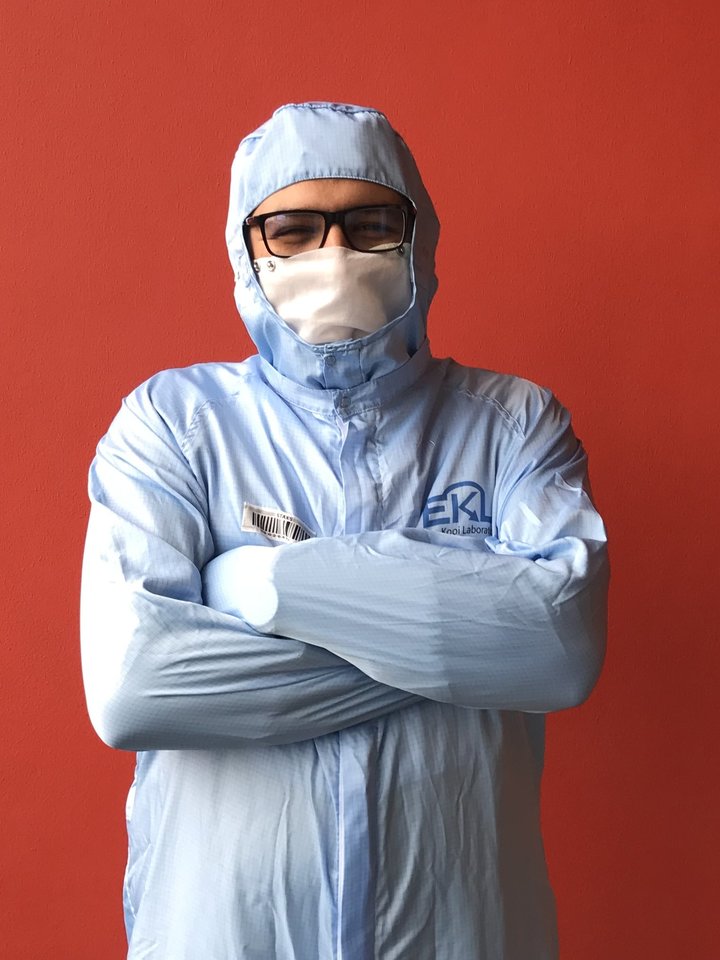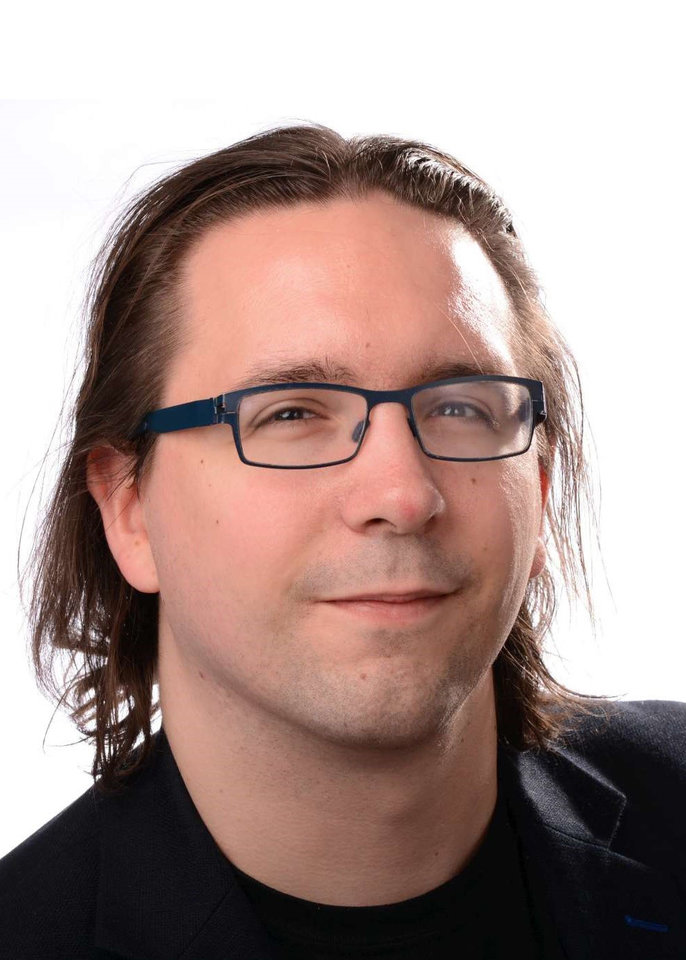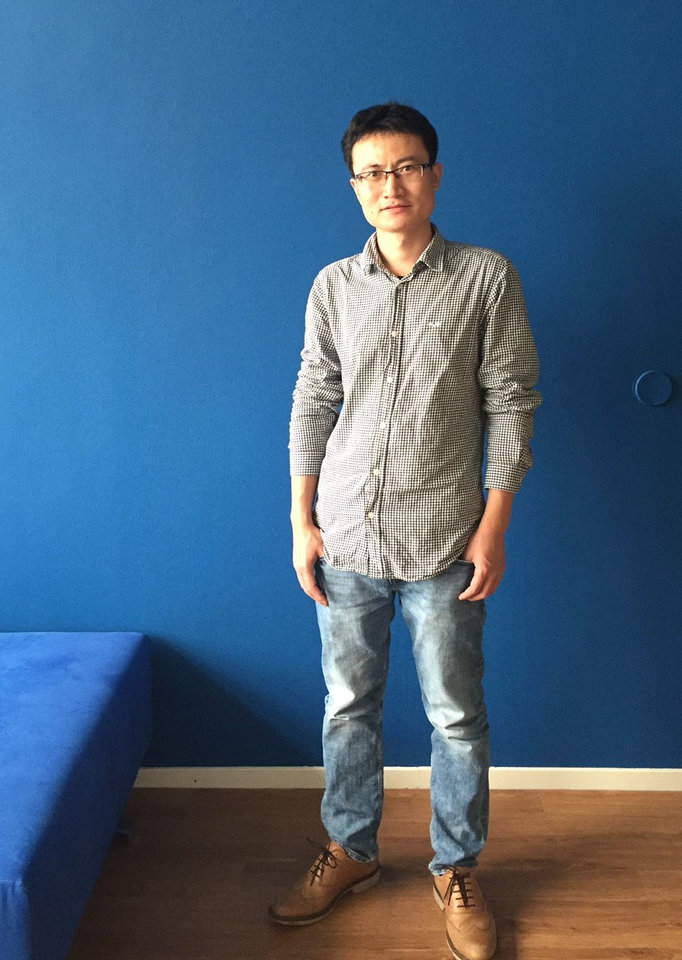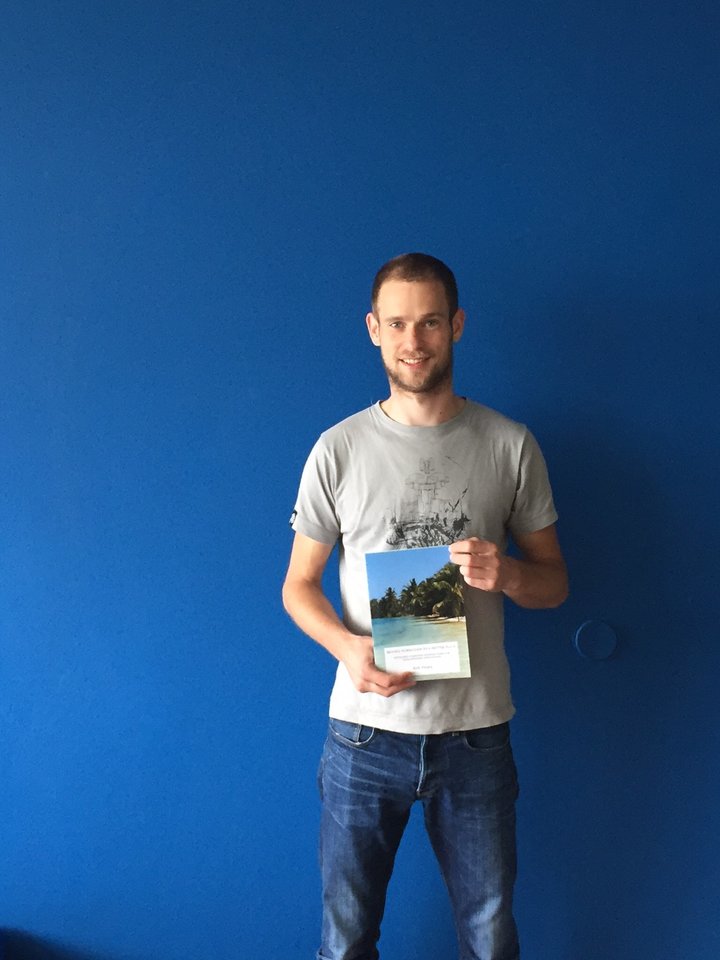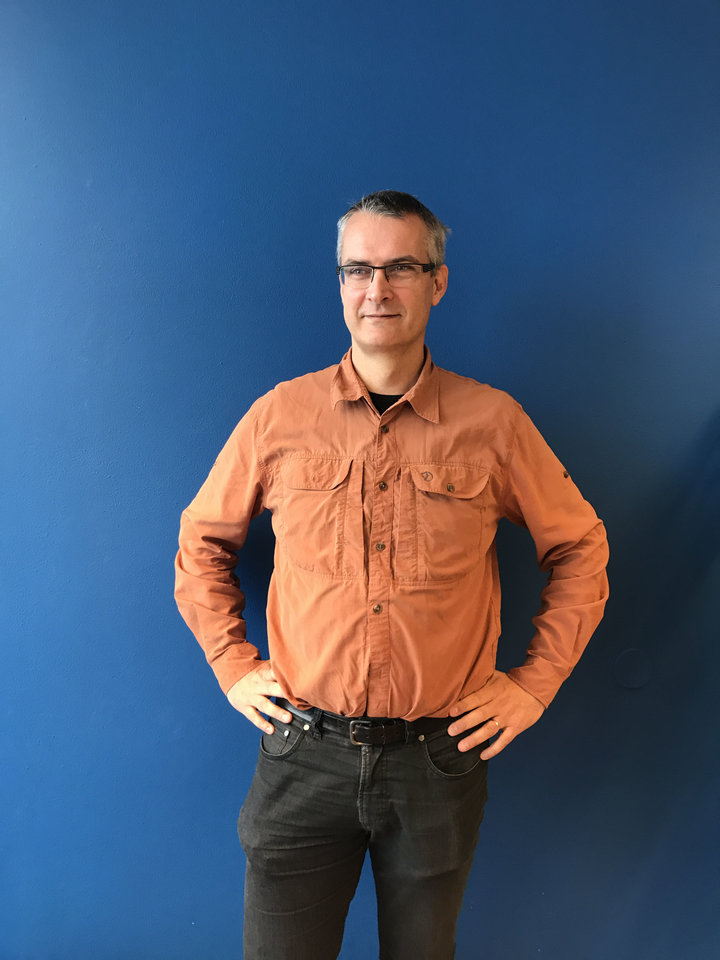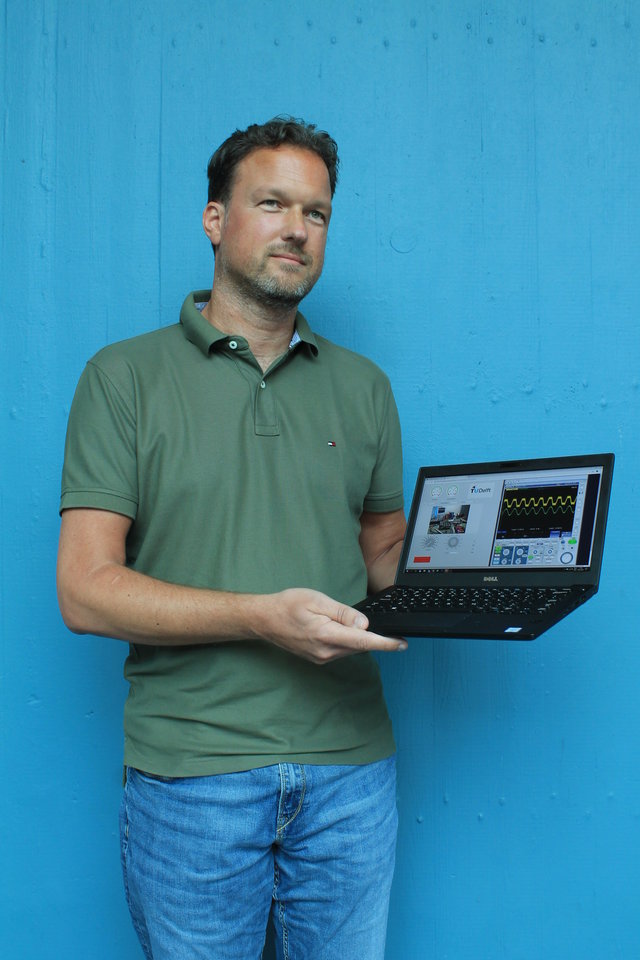Wherever education is provided, it is important to keep innovating this education. Students and their interests and passions are constantly changing, and we have to continue to evolve with them. That is why we give the floor to Humans of EEMCS who are actively working to improve our education.
"I want to make every possible effort to ensure that students enrolled in a programme at our faculty can reach their maximum potential. I greatly value the human aspect to my work. We need to prepare our students for life after college in the best possible way. It is essential that students receive a sound fundamental technical knowledge, but also that they develop into creative, innovative and responsible people. Students often feel that the rest of their lives only start after their time at university, but I think it already starts here.
This generation of students is incredibly socially engaged. They think it is important to be involved in environmental issues, want to participate in the energy transition and want to contribute to healthcare. It is important to consider how to respond to this with education. We can connect the theoretical content we teach to a societal challenge. In this way, we can still teach the same material, but in a different way that better suits this generation. In this way, we can still teach the same material, but in a different way that better suits this generation. Next generations of students will also be different. With innovation in education, you can respond to that, but that also means you have to be adaptive yourself, open to change, but you have to think carefully about what needs to be preserved. Innovation is never finished.
I also advocate for more flexibility for students, and for them to have more choices in their education, both in a broadening and deepening sense. We create our education for "the average student". But I've never come across one; there is no such thing. I also taught music lessons quite extensively. Music students need to learn certain basic techniques, play scales and do exercises. But if you subsequently make someone who loves modern music, only play Bach, you don't achieve what you want to achieve in terms of personal development and expression. Similarly, for our students, differentiation on top of the fundamental basics can make students flourish more and will train them to be creative engineers with value for society. The learning objectives achieved are the same, but the path towards them may vary.
I hope that in 10 years we will have a very different -or maybe even no- assessment system at EEMCS. Because a student starts here and is intrinsically motivated. And after three months he says, "What do I have to do to get a passing grade for this exam?" That means we are doing something wrong. We have created hoops that students have to jump through. As a result, students only start to study for a test. But students really need to ask themselves: what do I want to learn here? And how do I make sure I actually learn that? It seems like a kind of law of nature that only 60 percent of students pass a course. I think this is one of our biggest issues, because how to improve this and how to achieve actual learning is very difficult. Nothing is completely fool-proof, but what we are doing now has not worked for a long time. It is complicated, but not impossible.
So, if you really want to make a difference towards the future and the challenges we face, you should come and study at EEMCS. If you look at global and European challenges, electrical engineering, computer science and mathematics are present in all of them. With these degrees, you can do incredibly meaningful work, collaborate a lot with other people and also develop yourself to the fullest."
